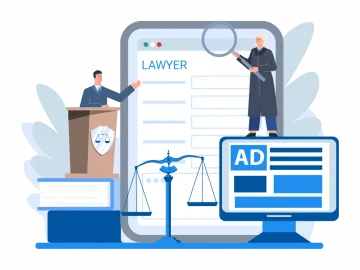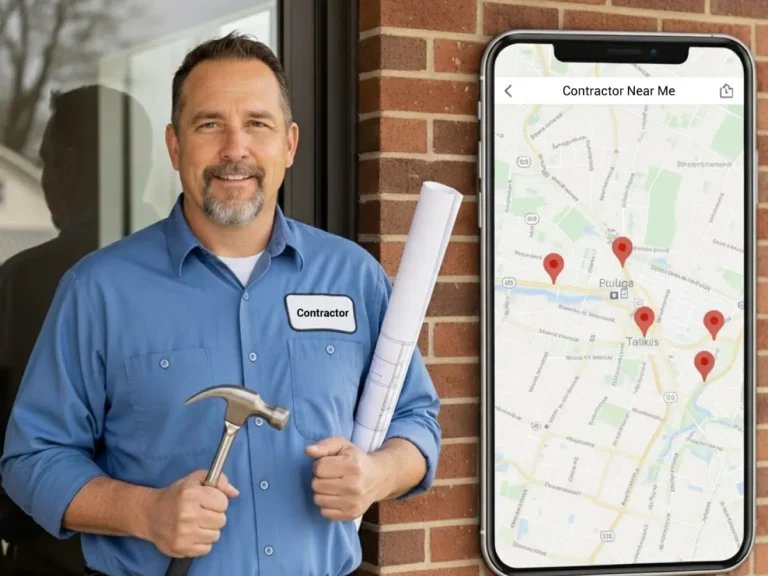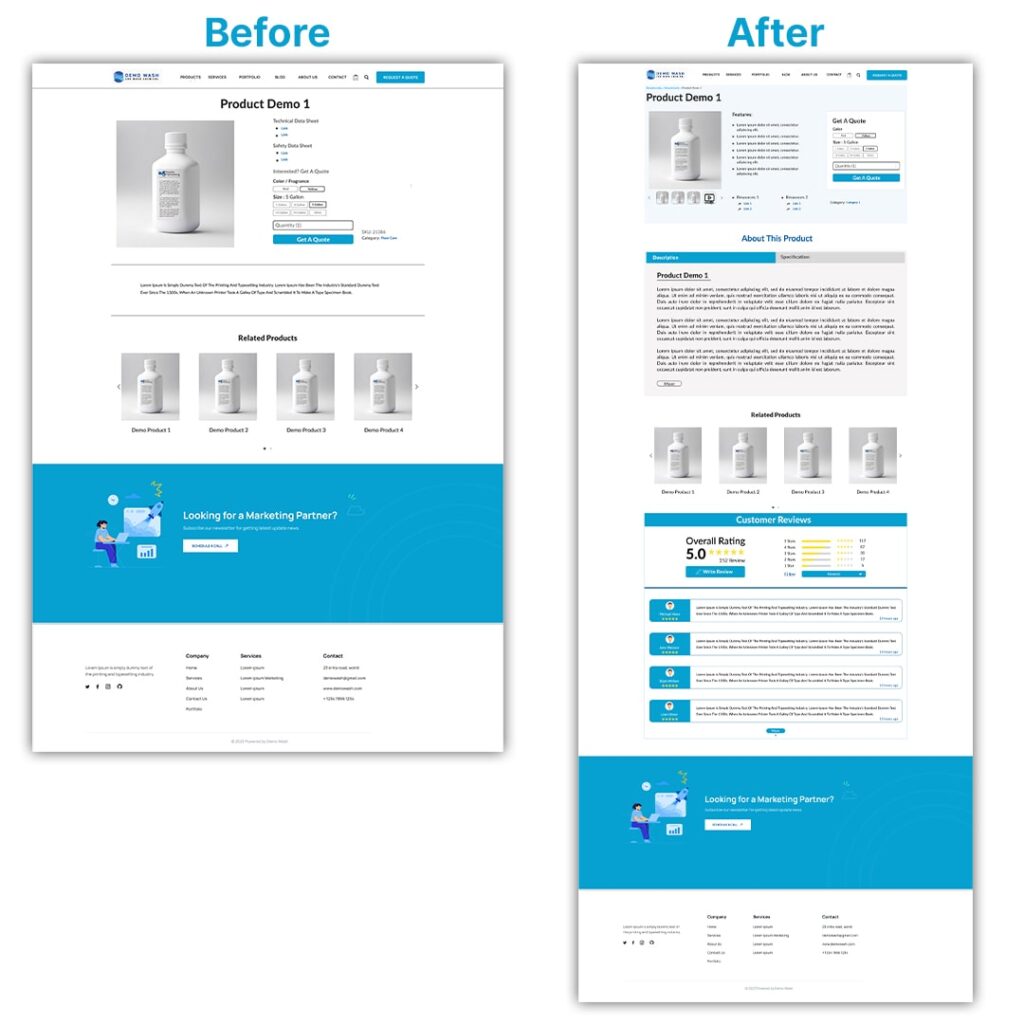Did you know that 96% of people seeking legal advice start their journey online?
Well, the virtual world is evolving at a rocket speed, and your potential clients are just a click away. So, how can you ensure they find you first?
Well, that’s where PPC marketing for lawyers comes into the act!
They are like the complete game-changer for your law practice, guiding potential clients smoothly from their initial search to your virtual doorstep. Ultimately, maximizing your ROI and generating quality leads.
Read on to find out more!
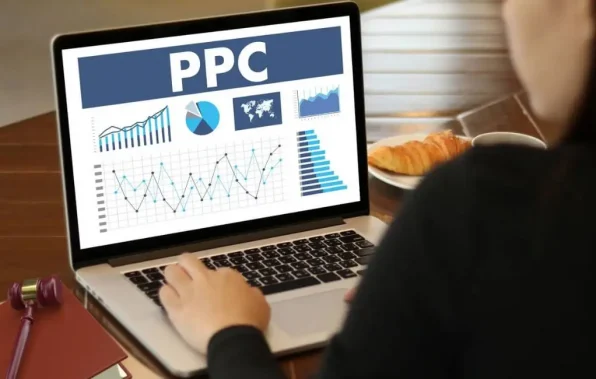
What is PPC for Law Firms?
PPC is an online advertising model where you pay a small fee each time someone clicks on your ad. It’s like having your own virtual billboard on the internet highway, but you only pay when someone decides to take a detour and visit your website.
As stated above, for law firms, this is a game-changer.
Didn’t understand?
Here’s the deal: When someone types a legal query into a search engine, PPC swoops in and places your firm’s ad right at the top of the results page. And guess what? You only pay when someone clicks on that ad – hence, the name Pay-Per-Click.
Plus, PPC is a bit like a genie in a digital lamp – you have control over your budget and can tailor your ads to specific keywords and locations.
Want to target clients in a particular city or focus on a specific area of law?
PPC lets you do just that. And for the best part, it ensures that your law firm doesn’t get lost in the depths of search engine oblivion.
Common PPC Terms to Know
Understanding key PPC (Pay-Per-Click) terms is essential for effectively managing and optimizing your advertising campaigns. Here are common PPC terms you should know:
- CTR (Click-through-rate): It’s the percentage of people who click on your ad after seeing it. The higher, the better – it’s like your ad shouting, “Pick me! Pick me!”
- CPC (Cost-per-click): Suppose, you are tossing coins into a wishing well, and each coin represents a click on your ad. CPC is the actual price you pay for each click. Keep those wishes valuable, and your CPC reasonable.
- CPA (Cost-per-acquisition): CPA is the total cost you pay for a specified action, whether it’s a sale, sign-up, or any other conversion goal.
- CPM (Cost-per-mille): Pronounced “mee-lay,” not “mill-ee.” This one’s for the big players. CPM is the cost you pay for a thousand impressions (views) of your ad. Much like buying tickets for a blockbuster movie – you are paying for the number of seats, regardless of whether everyone actually watches the film.
- Conversion Rate: It’s the moment your ad transforms casual browsers into dedicated fans. That is, the conversion rate is the percentage of people who take the desired action after clicking on your ad, whether it’s making a purchase, signing up, or busting a dance move. The higher, the better – you can think of it as your ad’s standing ovation.
- Quality Score: Google’s judgment day for your ad. Quality Score assesses the relevance and quality of your ad, keywords, and landing page. It’s like the coolness factor – the more relevant and engaging your ad is, the higher your Quality Score, and the better your ad’s chances of hitting the digital stage.
- Ad Extensions: These extensions are extra snippets of information, like site links, callouts, and phone numbers, that make your ad stand out and provide more value to potential customers.
- Impressions: They are the number of times your ad is displayed, whether or not someone clicks on it. More impressions mean your ad is in the spotlight, but the real magic happens when those impressions turn into clicks.
- Ad Rank: This determines the order in which ads appear on the search engine results page. It’s a mix of bid amount, ad quality, and the expected impact of ad extensions.
- ROAS (Return on Ad Spend): Your ad is an investment, and ROAS tells you how well that investment is paying off. That is, it’s the ratio of revenue generated to the cost of your ad.
- Exact Match: When you use this keyword match type, your ad will only show up if the search query precisely matches your keyword.
- Broad Match Keywords: Your ad will appear for variations of your chosen keyword, synonyms, and related searches.
- Negative Keywords: These negative keywords ensure your ad doesn’t pop up for irrelevant searches.
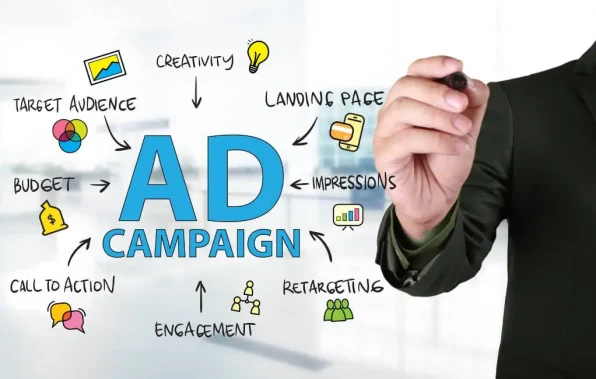
How to Build a Winning PPC Campaign for Your Law Firm?
Building a winning PPC (Pay-Per-Click) campaign for your law firm involves careful planning, strategic execution, and continuous optimization.
Here’s a step-by-step guide to help you create an effective PPC campaign:
Know Your Audience Like Your Favorite Legal Precedent
Before you start crafting your PPC masterpiece, make sure to take a moment to understand your audience. In other words, try to get into the minds of your potential clients.
What are they searching for? Are they individuals seeking personal injury lawyers, or businesses in need of corporate legal advice?
Tailor your keywords to resonate with their legal needs. If they are hunting for a superhero lawyer, make sure you are the caped crusader they find first.
Craft Compelling Ad Copy: Make Your Case
Your ad copy should be as compelling as a closing statement to the jury. Keep it concise, clear, and persuasive, and highlight what sets your law firm apart. Whether it’s years of experience, successful cases, or a unique approach, make it crystal clear why they should choose you.
Landing Pages: Your Digital Law Office
Once they click on your ad, make sure your landing page is like a well-organized law office – clean, professional, and easy to navigate.
A confused visitor is not a converting visitor. Ensure that the information they need is right at their fingertips, just like a good lawyer would do in a courtroom.
Budgeting: Don't Break the Legal Bank
Set a realistic budget for your PPC campaign. Just like handling a case, you wouldn’t want to overspend without a clear strategy.
Monitor your budget regularly and adjust it based on the performance of your ads. As at the end of the day, you wouldn’t throw money at a case without seeing results, right? The same principle applies here.
Geo-Targeting: Be a Local Legal Hero
If your law firm caters to a specific region, opt for geo-targeting to ensure your ads reach the right audience. After all, you don’t want to be offering divorce services to someone searching for a maritime lawyer on the other side of the country.
Negative Keywords: Protect Yourself From Irrelevant Clicks
Just as a good defense attorney prepares for all possible arguments, use negative keywords to shield your campaign from irrelevant clicks. You want quality leads, not curious clickers.
Utilize Ad Extensions: Your Legal Team's Special Skills
Ad extensions are like presenting additional evidence in court. They provide extra information and reasons for potential clients to choose your law firm.
Hence, make sure to use site link extensions to direct them to specific pages on your website, and callout extensions to highlight your firm’s strengths.

Monitor and Optimize: Be the Detective of Your Campaign
A winning PPC campaign is a dynamic one. Regularly monitor the performance of your ads, tweak your keywords, test different ad copies, and adjust your strategy based on what resonates best with your audience.
The Benefits of Using PPC Ads for Your Law Firm
Using PPC (Pay-Per-Click) ads for your law firm can offer several benefits that contribute to your overall marketing strategy and business growth.
Here are some key advantages:
Get Immediate Results From Google for Targeted Keywords
Have you ever wished for instant gratification in the digital world?
Well, with PPC ads, you can have it. When you bid on specific keywords relevant to your law firm, your ads can show up on Google search results almost immediately. That means potential clients looking for legal services can find you in the blink of an eye.
Reach the Right Audience at the Right Time
Timing is everything, especially in the legal world. PPC ads allow you to be there when it matters most. Whether someone is frantically searching for a lawyer at 2 a.m. or casually browsing during their lunch break, your ad can be front and center.
It’s about being present at the exact moment your potential clients need you – talk about being in the right place at the right time!
PPC Ads Are Flexible and Scalable
Need to tweak your campaign, update keywords, or adjust your budget?
No problem! PPC platforms allow you to adapt on the fly. Plus, as your law firm grows, so can your PPC strategy. It’s a scalable solution that grows with you, without any hassle!
What Are the Best Platforms for Lawyer PPC Ads?
There are several platforms suitable for running PPC (Pay-Per-Click) ads for lawyers, each offering unique advantages. Such as the following:
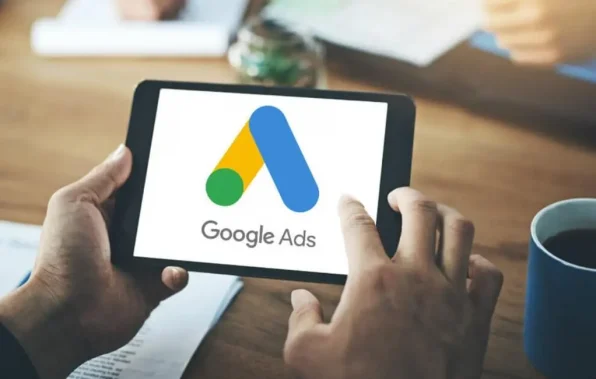
Google Ads
Google Ads is the most popular PPC platform, allowing you to display ads on the Google search engine and its advertising network. This platform is highly effective for targeting potential clients actively searching for legal services.
Bing Ads
Bing Ads, Microsoft’s advertising platform, can be a valuable addition to your PPC strategy. While it has a smaller market share than Google, it may offer lower competition and cost-per-click rates.
Facebook Ads
Facebook Ads allow you to target specific demographics, interests, and behaviors. As a result, lawyers can create visually engaging ads and target users based on factors such as location, age, and interests.
LinkedIn Ads
LinkedIn is a professional networking platform, making it suitable for lawyers targeting business professionals or clients in specific industries. They also allow for precise targeting based on job titles, industries, and company sizes.
Avvo
Avvo is a legal services marketplace that offers advertising opportunities for lawyers. It connects potential clients with lawyers based on their legal needs and location.
Yelp for Lawyers
Yelp is a popular review platform, and many people use it to find local services, including lawyers. Claiming and optimizing your Yelp business page can greatly improve your online visibility in local searches.
YouTube Ads
Video content is booming, and YouTube Ads offer a fantastic opportunity for lawyers to showcase their expertise. Hence, create informative videos addressing common legal concerns or explaining complex legal processes. By engaging potential clients visually, you not only educate but also humanize your law firm.
PPC Marketing for Lawyers Strategies
Pay-per-click (PPC) marketing can be an effective strategy for lawyers to attract potential clients and generate leads. Here are some PPC strategies tailored for lawyers:

Target a Specific Audience and Location
When it comes to PPC for lawyers, it’s not about casting a wide net; it’s about casting the right net. Hence, pinpoint your audience and location accordingly.
Are you the go-to divorce lawyer in Manhattan? Make sure your ads are reaching those specific hearts in need of legal expertise.
Use Keywords in Your Headline and Ad Copy
Suppose, someone’s frantically searching for a personal injury lawyer after an accident. For instance, they are typing “Best personal injury lawyer near me.”
In that case, be the shining beacon in their search results by strategically placing keywords in your headline and ad copy that match with your services.
That is, make it clear you are the solution to their legal needs right from the first glance.
Don’t just be an option; be the obvious choice.
Boost Your Clickthrough Rate (CTR) With Ad-Extensions
Why settle for the ordinary when you can be extraordinary? Use ad extensions to add extra flair to your PPC campaign. Show off client testimonials, highlight specializations, or maybe even throw in a little video to provide more information and give potential clients every reason to click through to your site.
Optimize Your Website
Your website is your digital office, so make it inviting!
Make it user-friendly, load quickly, and provide the information your clients need. Remember, a smooth online journey can be the difference between a casual visitor and a signed client.
Include a CTA in Your Ad Copy
Don’t leave your audience hanging! They clicked your ad, now what?
Include a clear Call to Action (CTA) in your ad copy. Whether it’s “Call Now,” “Free Consultation,” or “Get Legal Help Today,” guide them on the next steps with confidence.
Speak With Leads Within 24 Hours
When a potential client reaches out, be prompt in your response.
Aim to connect within 24 hours. Be it a phone call or an email, show them that their legal matters are your top priority – making them feel valued. After all, in the legal world, swift action can make all the difference.

Wrapping Up
There you have it – a roadmap to victory in the competitive world of legal marketing through PPC. By implementing these proven strategies, you are not just optimizing your online presence; you are crafting a compelling narrative that resonates with potential clients.
After all, at the end of the day, it’s about connecting with your audience, building trust, and ensuring your legal expertise shines online.
So, what are you waiting for?
Take charge of your law firm’s destiny with the power of PPC marketing for lawyers. It’s time to turn those clicks into cases and elevate your legal practice to newer heights of success!
FAQs
Building a strong brand for your law firm establishes trust, credibility, and recognition. In other words, it helps differentiate your services, reflecting your values and expertise – making clients more likely to choose your firm.
PPC advertising offers immediate visibility to potential clients actively searching for legal services. That is, it puts your law firm at the forefront of search results, driving targeted traffic to your website. Plus, with precise targeting and measurable results, PPC is a cost-effective way to generate leads and increase client inquiries.
The cost of Google Ads for lawyers varies based on factors like competition, keywords, and geographic targeting. Besides, it operates on a pay-per-click model, allowing you to set a budget that ideally suits your needs.
However, as a general estimation, it can range anywhere from a few dollars to more competitive bids ($5 to $500 per click), depending on your chosen keywords and market conditions.

